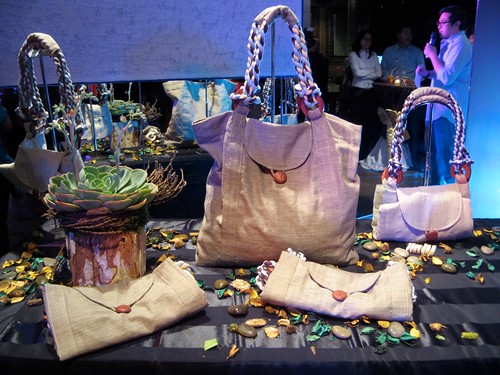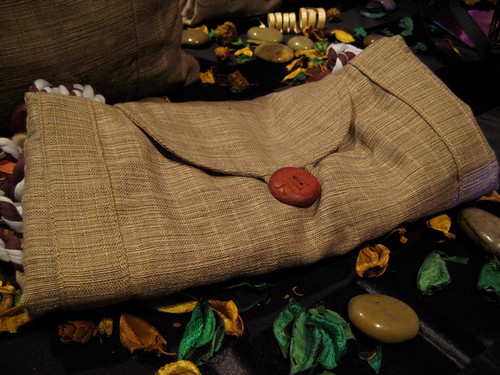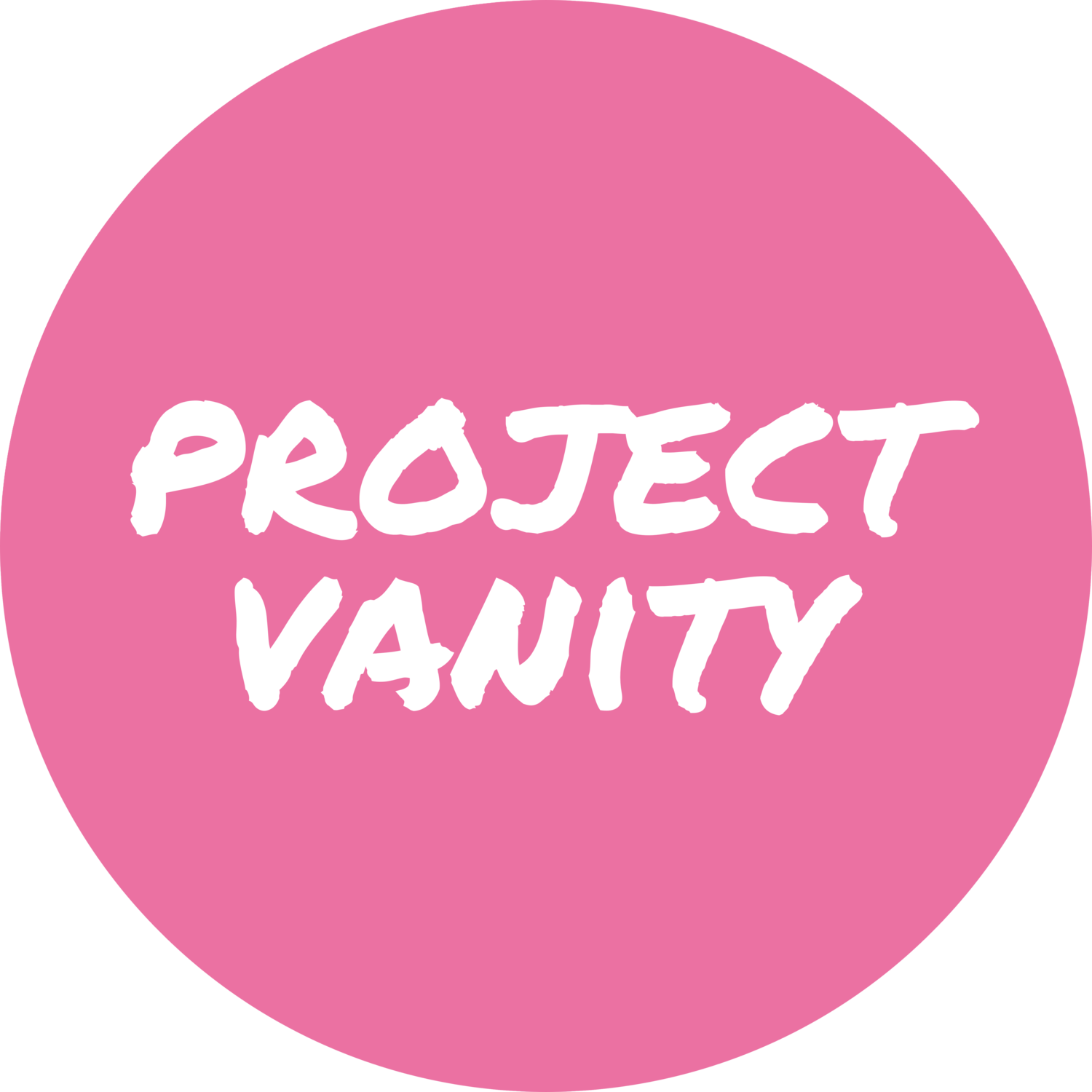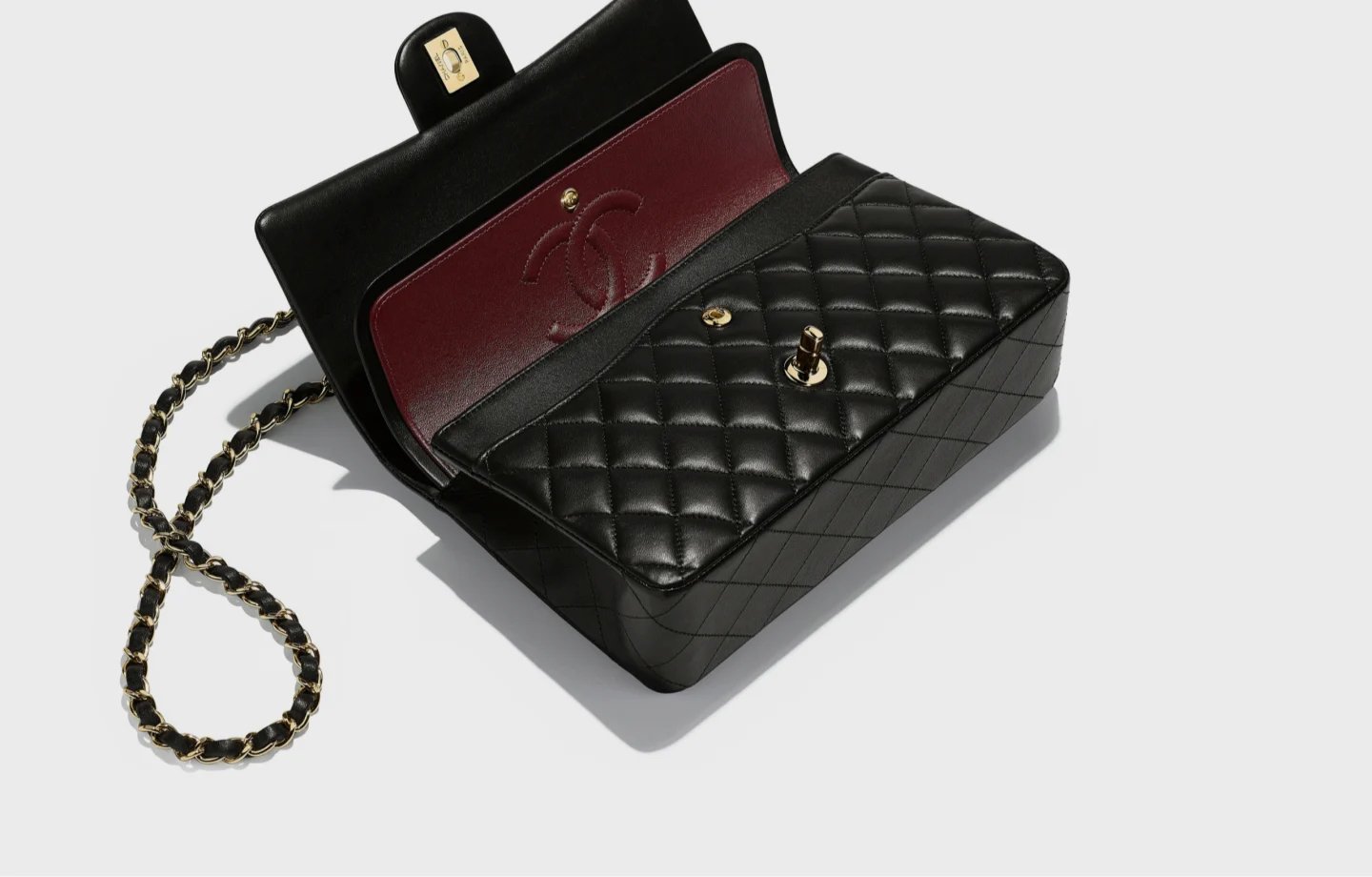Decoding the Designer Bag Debate: Are They Worth the Crazy Prices?
Ah, designer bags – those eye-catching fashion statements that effortlessly elevate our style and empty our wallets. As the debate rages on about the worthiness of these luxury accessories, it's time to delve into the juicy topic: are designer bags truly worth the exorbitant price tags? Are they solid investments or just fancy sacks of disappointment? And hey, with super fakes lurking around every corner, should we even bother splurging on a luxury bag?
Liz Asks: Would you ever buy fake designer bags knowingly?
Last Christmas, I was thinking of treating myself to a Louis Vuitton Neverfull tote (or a Goyard but I couldn't find any). I loved that it has a classic design, something I can wear for decades to come. It's roomy, light, and hey, it's LV! I asked a friend of mine if I should invest in that bag. She voted against it. She said people would always wonder if it's fake, and frankly, I don't want to deal with that if I'm going to blow almost P50,000 for a bag!
I mean, don't you do that too? You look at an LV and wonder if the person carrying it could actually afford it. You might even take it a step further if you know designer bags and check for signs that it could be fake. Harsh, yeah, but that's one of the reasons people buy designer things anyway. Aesthetics and quality aside, people tote a crazy expensive bag as a status symbol. You're pretty much asking to be judged. If you have the symbol but don't really have the status then it's not going to be judgment you want to hear.
Which brings me to the question: Would you ever buy fake designer bags knowingly? I saw this online store on Instagram the other day selling P1,800 Balenciaga knock-offs. I was like, seriously? Who would buy that? Apparently, a lot of people do. The seller posts pictures of her clients with their fake bags! If, by some weird twist of fate, I end up publicly carrying a knock-off designer item knowingly, I'd wear a paper bag over my head.
But that's just me. Maybe the buyers just really love the design but can only afford a copy. Perhaps that's a valid reason - almost everything in fashion is just a copy of something that came before.
Thoughts on designer bags
I've been thinking a lot about designer bags lately. Before, I wouldn't give them a moment's hoot - why blow P20,000 to P100,000 and beyond just for a bag? There are equally beautiful bags for much, much less than that. It didn't make sense to me. But now, it sorta does.

Let me tell you a little bit about my line of work. I work in the fashion industry as a PR and marketing person. I meet a lot of clients and people from the media, so it pays to reason that I always need to be at my best. You won't trust someone to represent you if that person looks shabby and all over the place, will you? Some people call it vanity, but I call it simple survival.
They say good shoes will take you to good places. That's true. But I do think that quote also applies to bags, too.
Rajo Laurel Tree Bags
If you stop and think about it, our world is going to hell. We've overreached ourselves as human beings by taking more than we need, more than what our planet can sustain. It's depressing, especially when we feel powerless to stop the environmental degradation even within our own little slices of earth. The poor suffer most because of it, but in one way or another, all of us are affected.
There are so many things we can do to help the environment, but we should all begin with ourselves. It's easier when we start with our hobbies - if you're reading this, you're probably into beauty and fashion. It's a good thing that brands in the industry have made a tentative move to participate in the so-called green fashion philosophy by providing products and services that give back to the planet in some way.
Some recent examples are Pureology, which donates to a recycling facility in Rizal, and Zara, which sells 100% organic cotton tees. There are also the newly launched Rajo Laurel Tree Bags.

The Tree Bag Project is an initiative of Rags2Riches, Inc., a social business enterprise, in collaboration with Mr. Rajo Laurel, Anthill Fabric Gallery (another social enterprise), the Indigenous Weavers of Bangued, Abra, Wood Crasftmen of Pardo, Cebu and the San Carlos Development Board, Inc., our Tree-Planting partner. It is a project for a cause that empowers four communities and plants a tree for every purchase of the Tree bag.

Mr. Rajo Laurel enthuses, "What makes this project even more significant is that we have fused four communities in creation of the bag. We have the weavers of Abra who created the linen fabric of the bag made from scrap thread. Then we have the women of Payatas who braided the handle made from scrap fabric.




